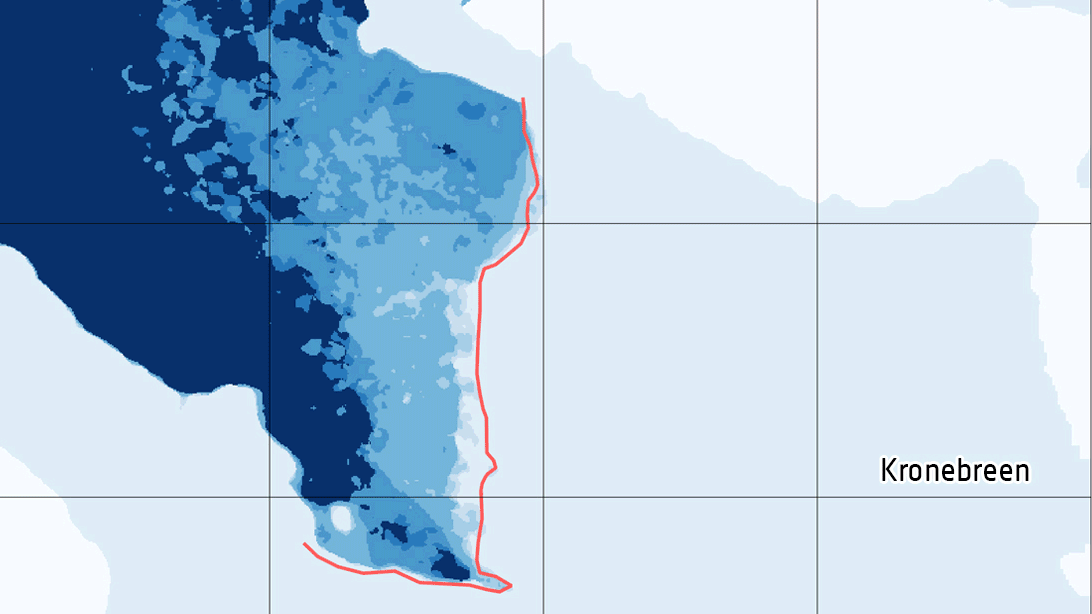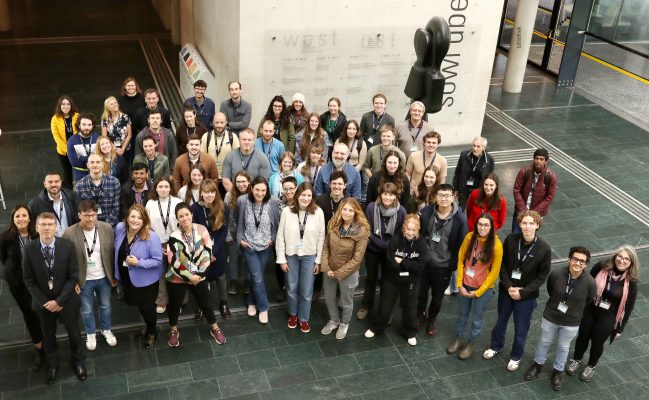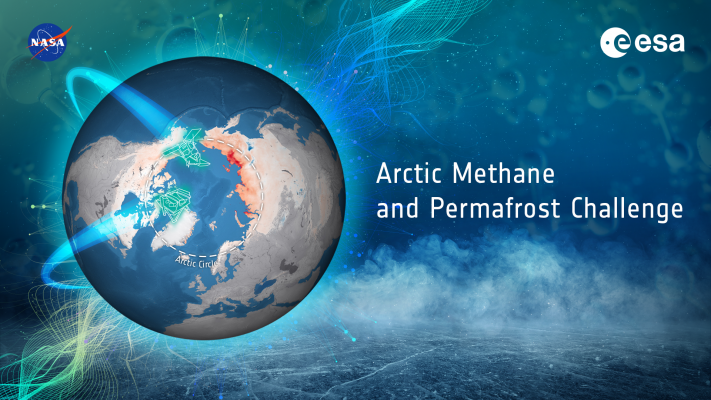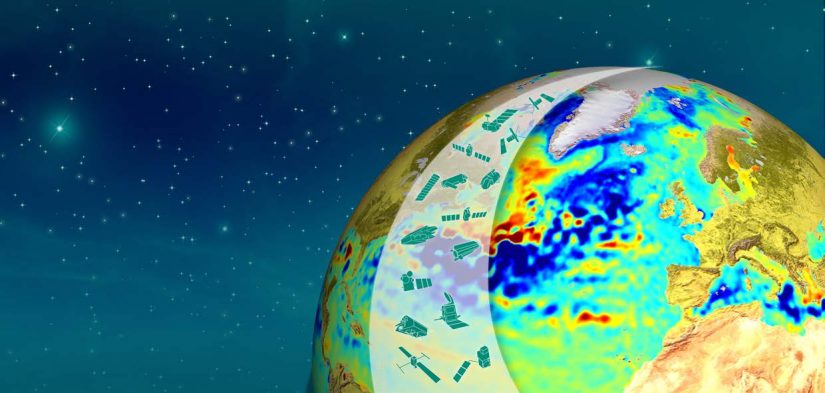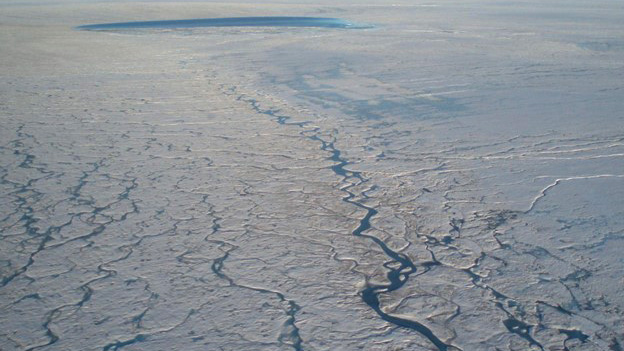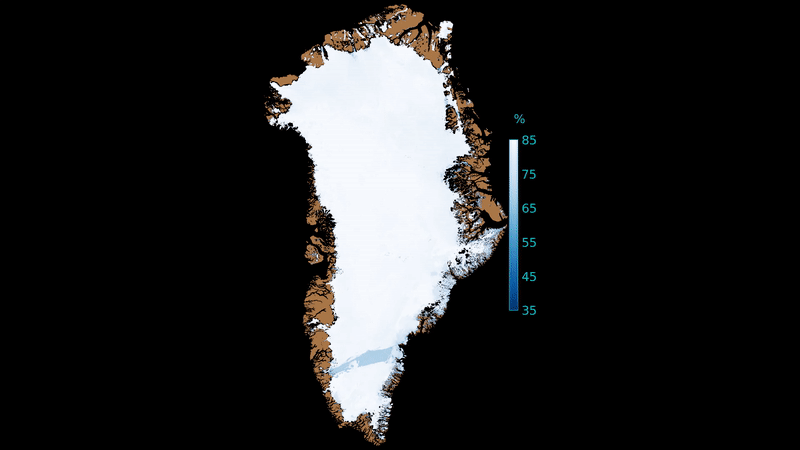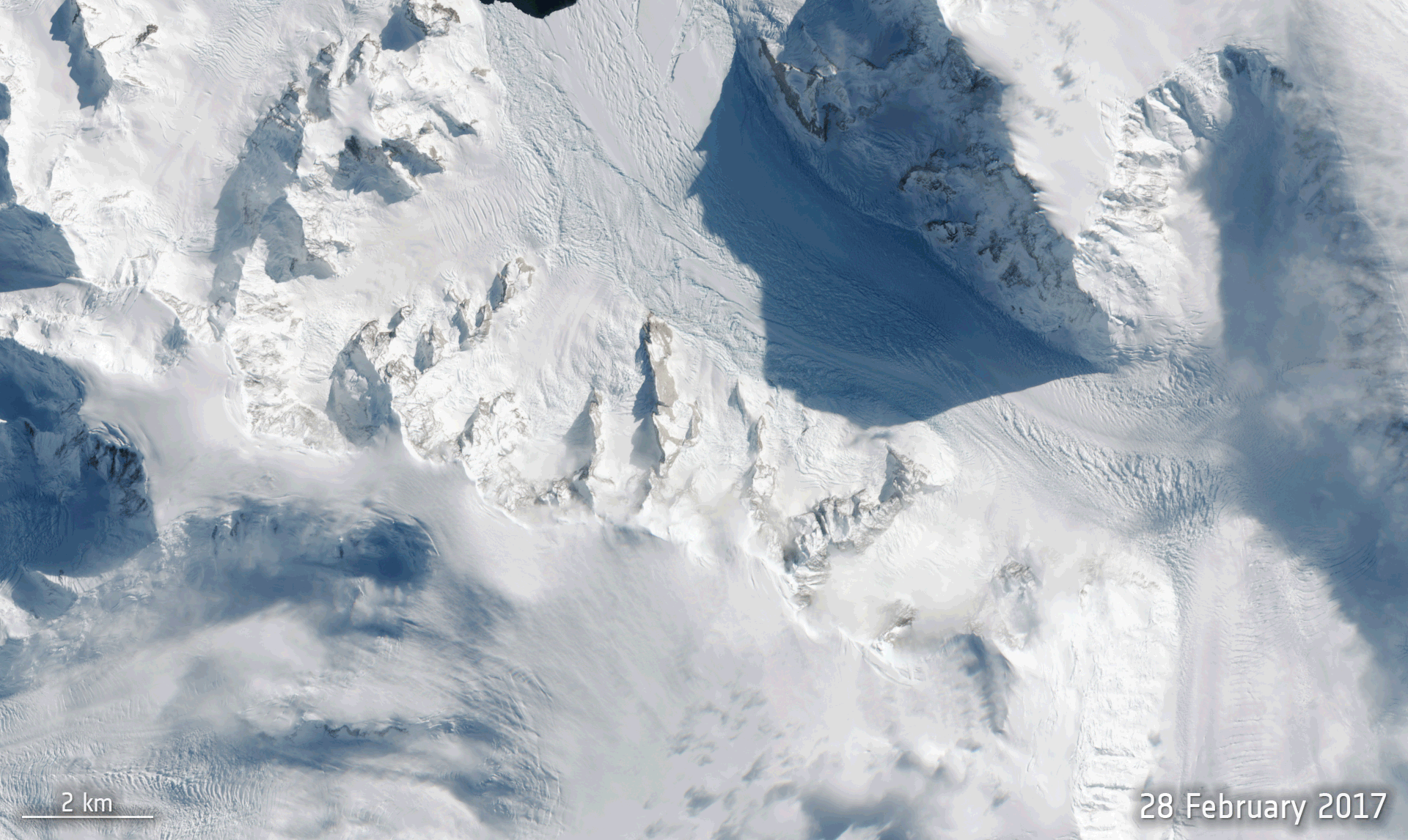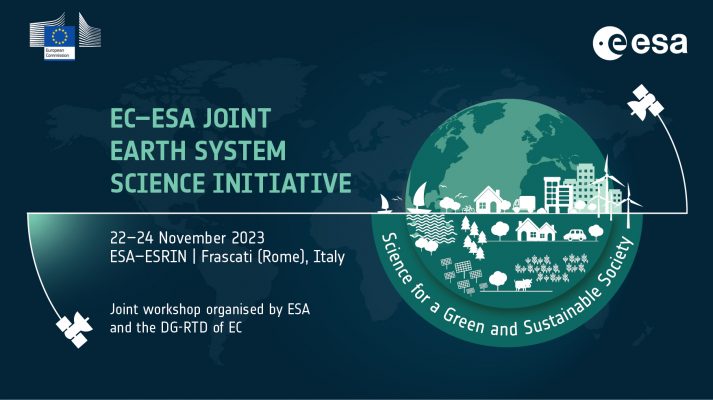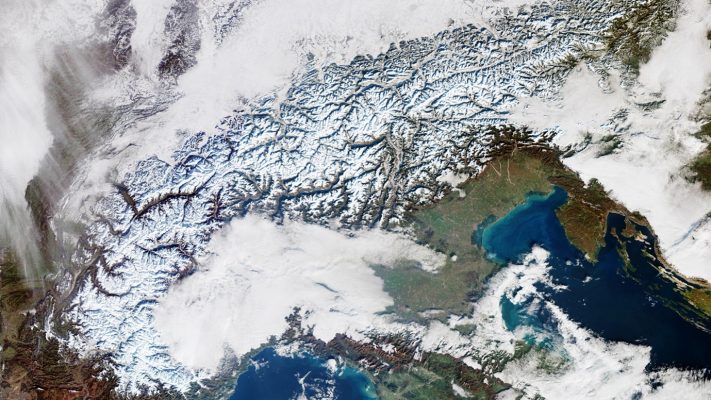Space for Shore: Sentinel-1 reveals Arctic glacier retreat
The Space for Shore project has revealed trends in Arctic glacier retreat and calving intensity, with notable impacts observed in regions like Kongsfjorden, Svalbard. Using over 1,000 radar images from the Copernicus Sentinel-1 mission, scientists monitored the evolution of Svalbard’s coastal glaciers between 2015 and 2023. The study highlights a statistically defined mapping of summer …

